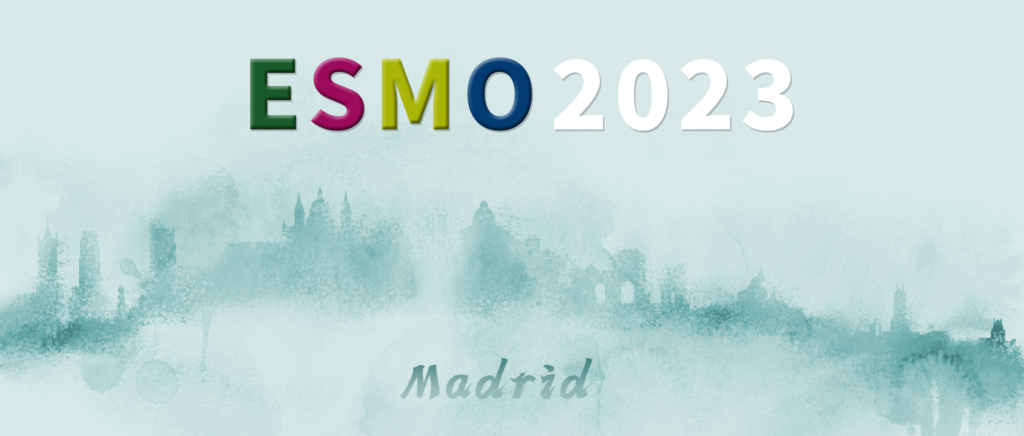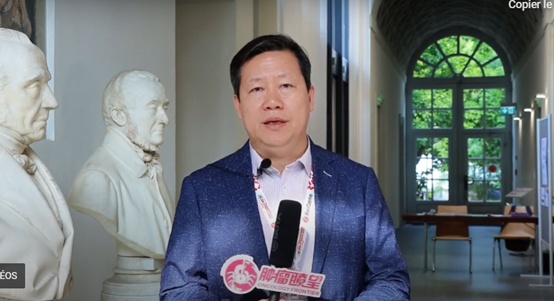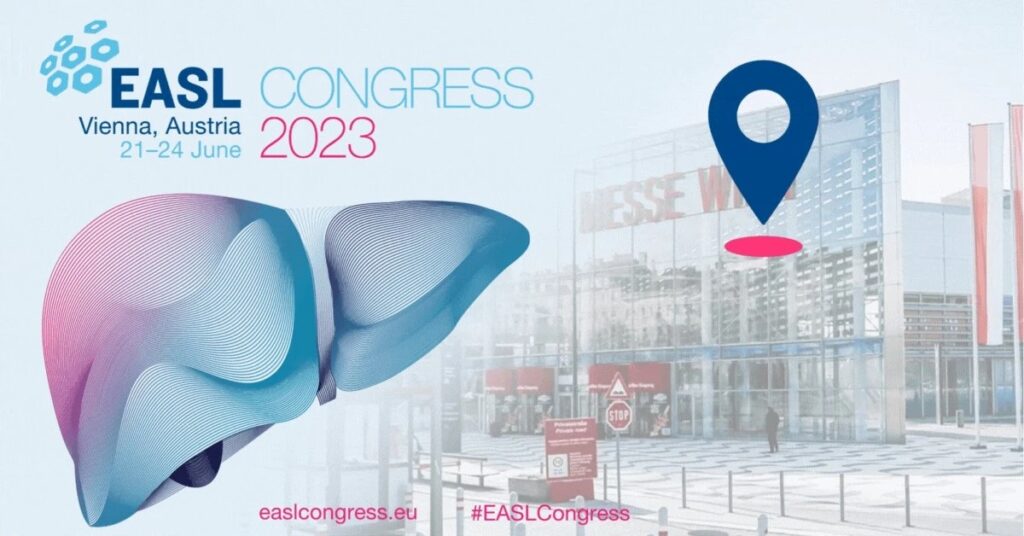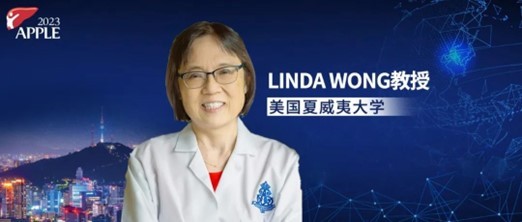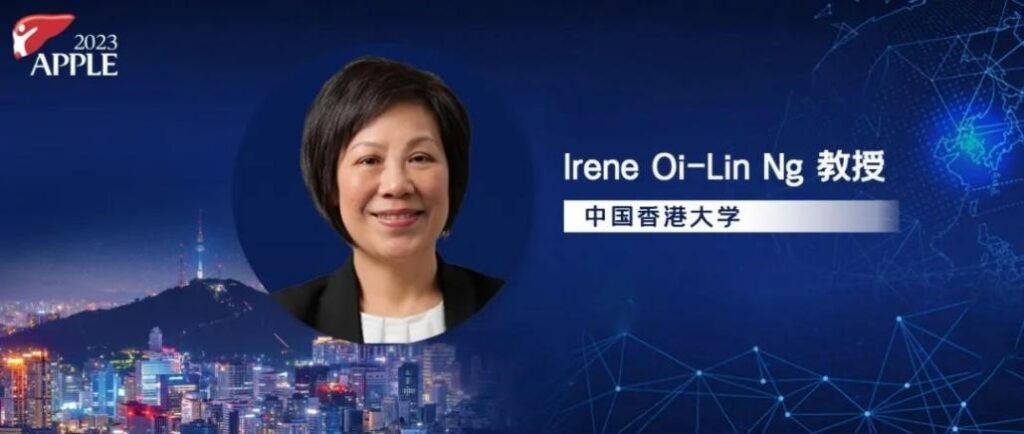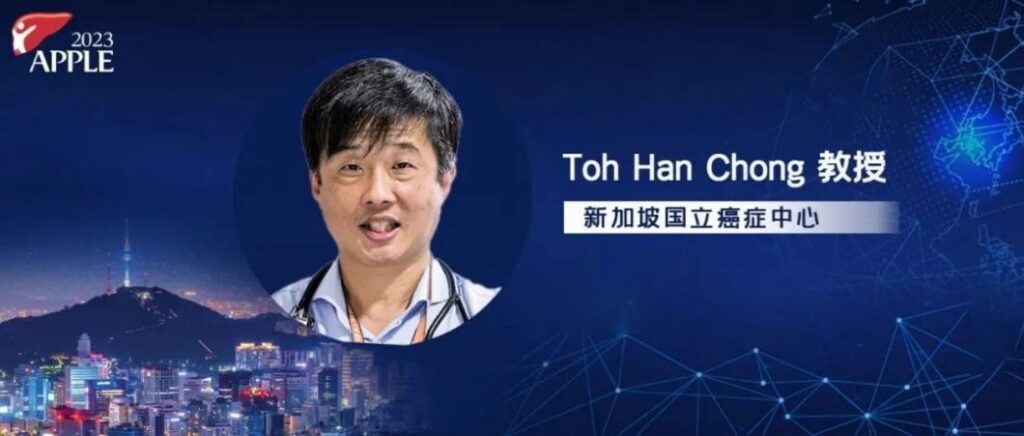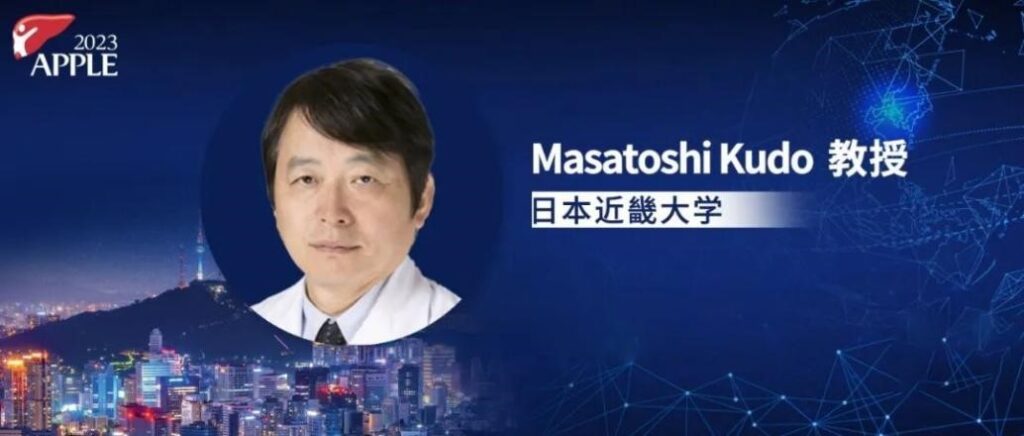ESMO 2023丨Andrea Nccchi: Novel Intravesical Drug Delivery System Helps Bladder Cancer Patients Preserve Bladder, Reduce Risk of Recurrence
At the 2023 European Society of Medical Oncology (ESMO 2023), Dr. Andrea Nccchi reported a phase 2b clinical study at the mini oral presentation, using a new intravesical local chemotherapy delivery system. TAR200 is expected to become a treatment method for patients with high-risk non-muscle invasive bladder (HR MIBC) to reduce disease recurrence. In addition, ESMO 2023 also reported TAR201 and EV-302 study. Dr. Andrea Nccchi shared his views on these latest studies in an interview with " Oncology Frontier ".

